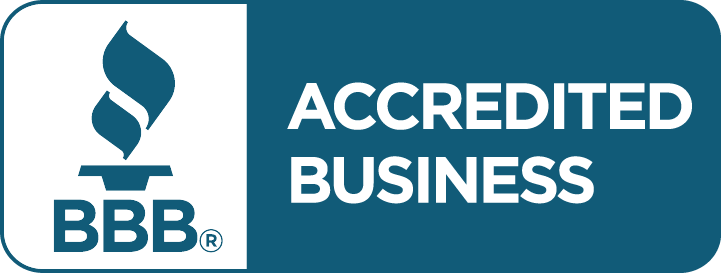Whether you’re saving for a new car, a down payment on a home, or post-secondary education for your kids, opening a savings account is an important step to achieving your savings goal.
Savings accounts are important because standard chequing accounts don’t pay the kind of interest that makes saving worthwhile, while investments in stocks or real estate carry a degree of risk that you might not want to be exposed to.
Choosing a high-interest savings account can provide a happy-medium. Here’s how to choose the best savings account for your goals.
Compare offers and benefits
Most major banks and other financial institutions offer some form of savings account, so finding the best savings account means finding the one that best meets your needs. With so many on the market, it can be hard to compare.
Using a tool like Rate Hub can help you look at multiple different accounts in one place to see what the differences are, and how they stack up against each other.
Since different accounts tend to have different requirements and offer different benefits, such as free withdrawals, there may be one in particular that fits your situation.
Finally, you may receive preferential rates if you hold a savings account and a chequing account with the same bank. Always take into account the special offers, as well as standard rates, when choosing the best account for you.
Know how you will deposit money
Consider the method or methods that you will most commonly use to deposit money. All savings accounts should provide you with a means of transferring cash from one account to another within the same bank, and you should also be able to deposit cheques.
Other accounts may allow for the free transfer of funds from an account with another bank, and many will allow you to have your salary deposited directly into the account every month. This direct deposit method can prove especially useful if you have struggled to open a chequing account because of a poor credit history, and this type of account may prove to be the best savings account for your needs.
Think about how often you’ll withdraw money
Accessing your money is also important. Typically, a savings account is not accessed regularly, because the purpose of the account is to save money. Because of this, many banks have a very minimal number of withdrawals each month because they know you won’t be accessing it often.
You may also want to investigate savings accounts that make it harder for you to access, which can help prevent you from dipping into your savings for regular purchases.
Understand what kind of money management services are available
Money management is critical, especially if you’re looking to get out of debt. Internet banking is arguably the most convenient way to keep track of your finances, manage your deposits and withdrawals, and even budget for the months ahead.
Some people prefer telephone banking, while access to ATM machines can allow for quick and easy access to mini-statements and balances. Be sure to check that the account you are considering offers the access that you require.
Calculate interest rates
Of course, the best savings account is commonly considered to be the one that yields the greatest return, which means that it has the highest interest rates. Consider how long you have to leave money in your account, whether it is a tracker that offers a number of points over a base or index rate, and whether any introductory offer will revert to a lesser rate before you are able or willing to withdraw your money.
If you need help with your finances, credit counselling can help. We have over 25 years of experience in helping people get out of debt. Contact us for a free consultation today.











